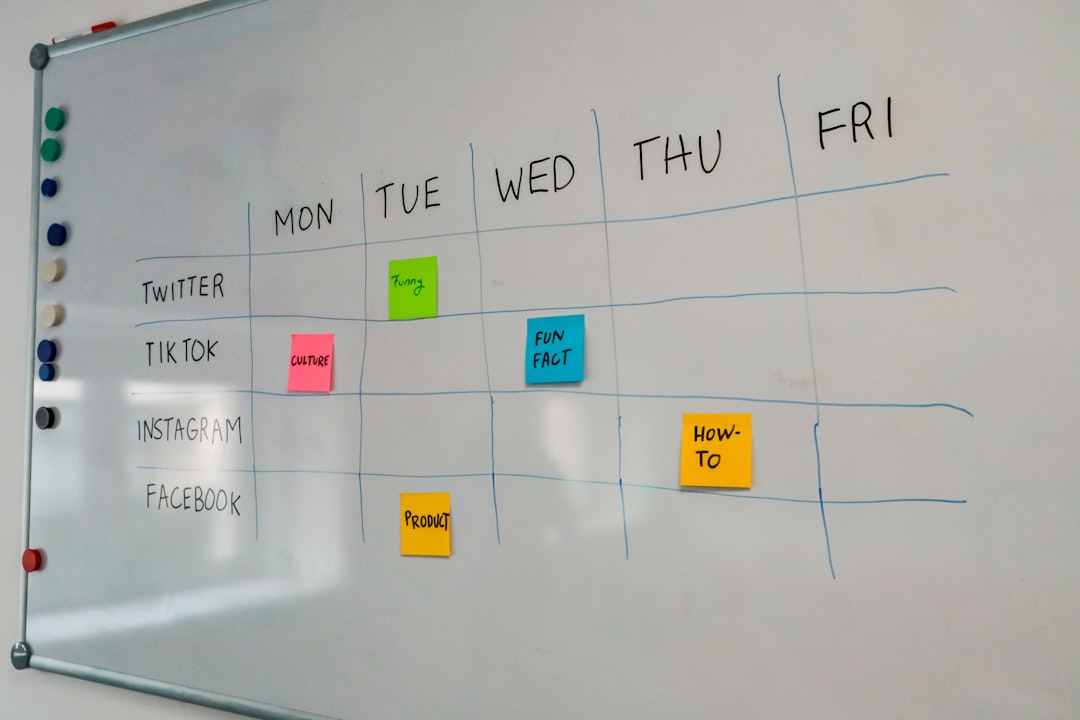Preparing for a technology certification program can be a pivotal step in advancing a career in IT, software development, cybersecurity, cloud computing, and other tech-related fields. Whether aiming for an entry-level credential or an advanced specialist certification, proper preparation is key to success. This article explores the best study strategies and resources for candidates looking to excel in tech certification exams.
Understand the Certification Requirements
Before diving into study materials, it’s essential to thoroughly understand the particular certification’s scope. Each certification—whether it’s CompTIA A+, Cisco CCNA, Microsoft Azure Administrator, or AWS Certified Solutions Architect—has its own objectives, exam format, and prerequisites. Reviewing the official exam guide offered by the certifying organization is the first critical step.
- Review the exam blueprint: Understand the domains/topics covered.
- Check prerequisites: Some exams require prior certifications or experience.
- Assess your current skill level: Identify knowledge gaps early on.
Choose the Right Study Materials
There is no shortage of learning resources—but quality matters. Identifying a mix of learning formats helps reinforce key concepts and caters to different learning styles. Reliable resources include:
- Books and eBooks: Authoritative publications from official sources like CompTIA Press, Cisco Press, or Microsoft Learning.
- Online Courses: Platforms such as Coursera, Udemy, LinkedIn Learning, and Pluralsight offer video-based, self-paced courses.
- Labs and Simulators: Practical, hands-on environments like Cisco Packet Tracer or AWS Free Tier enhance real-world learning.
- Study Groups and Forums: Communities on Reddit, Discord, and TechExams offer valuable peer insights and encouragement.

Optimize Your Study Strategy
Studying efficiently involves creating a structured plan and sticking to it. Below are some tried-and-true methods:
- Create a Study Schedule: Break down topics by days or weeks and assign specific goals to ensure coverage before the exam.
- Use Active Recall and Spaced Repetition: Tools like Anki or Quizlet help strengthen memory retention through repeated, spaced exposure.
- Practice with Mock Tests: Simulating the real exam builds confidence and helps identify weak areas. Many official sites offer sample questions.
- Teach What You Learn: Explaining concepts to someone else is a powerful way to reinforce your understanding.
Make Use of Official Resources
Most certification bodies provide recommended study guides and practice materials. These should be prioritized due to their accuracy and relevance to the actual test. Examples include:
- Microsoft Learn – Free, interactive training paths for all Microsoft certifications.
- AWS Skill Builder – Free and paid learning paths tailored for AWS exams.
- CompTIA CertMaster – Official study and practice tools provided by CompTIA.

Stay Consistent and Motivated
Consistency is often more important than intensity in exam preparation. Setting realistic goals, tracking progress, and staying motivated can be the difference between success and failure. Reward yourself for hitting milestones, and don’t hesitate to revisit harder subjects until mastery is achieved.
FAQs
- Q: How long does it take to prepare for a tech certification?
A: The timeline varies by student and certification. Entry-level exams may take 2-3 months of part-time study, while advanced certifications may require 4-6 months or more. - Q: Are online courses enough to pass the certification?
A: Online courses are often sufficient when combined with practice exams and labs. However, ensuring the course is up-to-date and aligned with the latest exam objectives is crucial. - Q: Is hands-on experience necessary?
A: Yes, especially for certifications like Cisco, AWS, and Azure. Practical skills are often tested, and emulators or cloud accounts can provide the necessary experience. - Q: Are free resources reliable?
A: Many free resources are excellent, but they should be cross-checked with official exam objectives to ensure accuracy and completeness. - Q: What should I do if I fail the exam?
A: Review performance feedback, identify weak areas, and revise your study plan. Most providers allow retakes after a waiting period.
With the right combination of preparation, practice, and persistence, tech certifications can significantly enhance one’s skills and open doors to new career opportunities. Staying organized and using the right resources go a long way in achieving certification goals.


